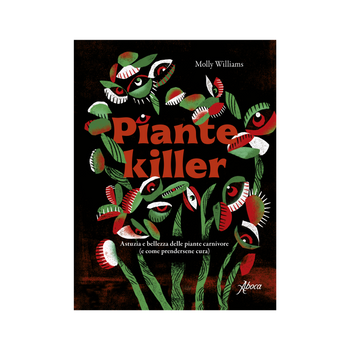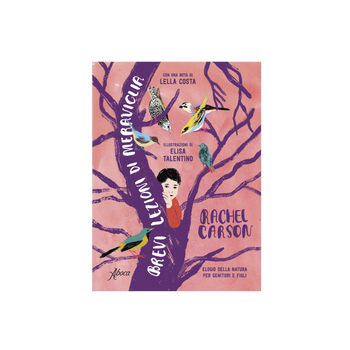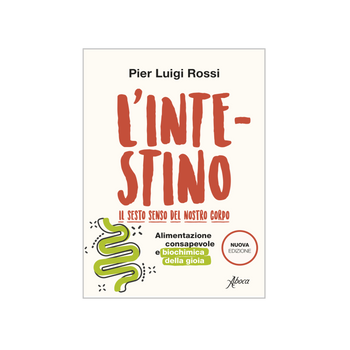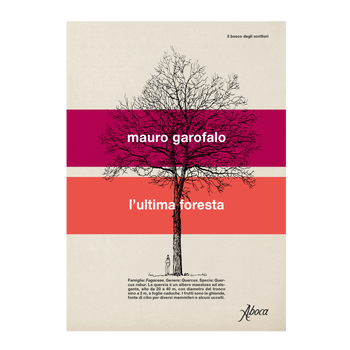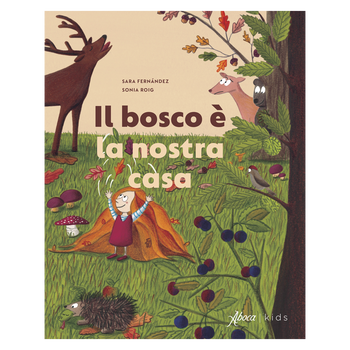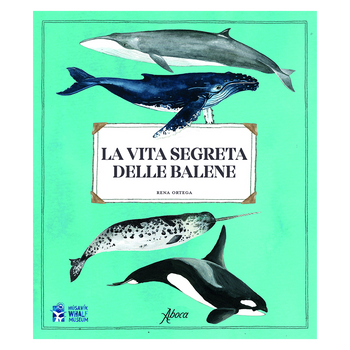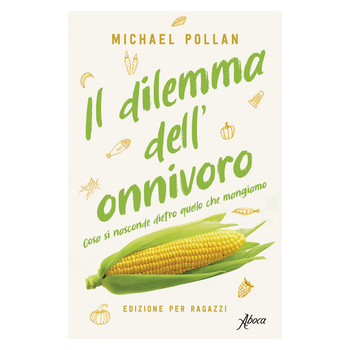You have no items in your shopping cart.
€16,00
First published in 1979, L’albero (The Tree) is a short narrative essay, hitherto unpublished in Italy, by the great English writer John Fowles, known to audiences around the world as the author of the novel, The French Lieutenant's Woman.
First published in 1979, L’albero (The Tree) is a short narrative essay, hitherto unpublished in Italy, by the great English writer John Fowles, known to audiences around the world as the author of the novel, The French Lieutenant's Woman.
Availability:
In Stock
Sku: LIBALB
ISBN/EAN: 9788855231121
This intimate meditation on nature, a journey through the western world' s relationship with the natural world, is inspired by memories of the fruit trees in Fowles' childhood garden and the fanaticism with which Fowles' father pruned them. In that exacting upkeep, the author recognises the overbearing act of human interference, a desire to direct growth and determine the future that is in contrast to the true essence of nature, which is simply wild, untouched, a 'green chaos', which is terrifying to some but wonderful to him, because it offers nothing but itself and 'cannot be described directly by any art ... including the art of words'. Fowles, like Rousseau, defends the role of the naïve walker, the amateur; he promotes an artistic, rather than scientific, approach to the natural world; he exalts unfiltered experience, the only thing capable of inspiring; he advocates solitary exploration. And, by confessing that it is precisely from his wanderings through the wild Devon countryside as an adolescent that his own writing skills derive, he delivers a fusion of memoir, social history, art criticism and an almost primitive roaming through the woods. These memorable and profound pages of nature writing reveal the greatness of the author, his personality as an artist, and the expression of his unique and individual experience.
John Fowles was born in Leigh-on-Sea, England, in 1926. He made his debut in 1963 with the novel The Collector, immediately distinguishing himself internationally. In 1969 The French Lieutenant's Woman was published, considered one of the masterpieces of 20th-century English literature, from which the film of the same name starring Meryl Streep and Jeremy Irons was made. John Fowles died on 5 November 2005.
This intimate meditation on nature, a journey through the western world' s relationship with the natural world, is inspired by memories of the fruit trees in Fowles' childhood garden and the fanaticism with which Fowles' father pruned them. In that exacting upkeep, the author recognises the overbearing act of human interference, a desire to direct growth and determine the future that is in contrast to the true essence of nature, which is simply wild, untouched, a 'green chaos', which is terrifying to some but wonderful to him, because it offers nothing but itself and 'cannot be described directly by any art ... including the art of words'. Fowles, like Rousseau, defends the role of the naïve walker, the amateur; he promotes an artistic, rather than scientific, approach to the natural world; he exalts unfiltered experience, the only thing capable of inspiring; he advocates solitary exploration. And, by confessing that it is precisely from his wanderings through the wild Devon countryside as an adolescent that his own writing skills derive, he delivers a fusion of memoir, social history, art criticism and an almost primitive roaming through the woods. These memorable and profound pages of nature writing reveal the greatness of the author, his personality as an artist, and the expression of his unique and individual experience.
John Fowles was born in Leigh-on-Sea, England, in 1926. He made his debut in 1963 with the novel The Collector, immediately distinguishing himself internationally. In 1969 The French Lieutenant's Woman was published, considered one of the masterpieces of 20th-century English literature, from which the film of the same name starring Meryl Streep and Jeremy Irons was made. John Fowles died on 5 November 2005.
Release date: 2021
Dimensions: cm 14 x 19
Pag. 144
Release date: 2021
Dimensions: cm 14 x 19
Pag. 144





